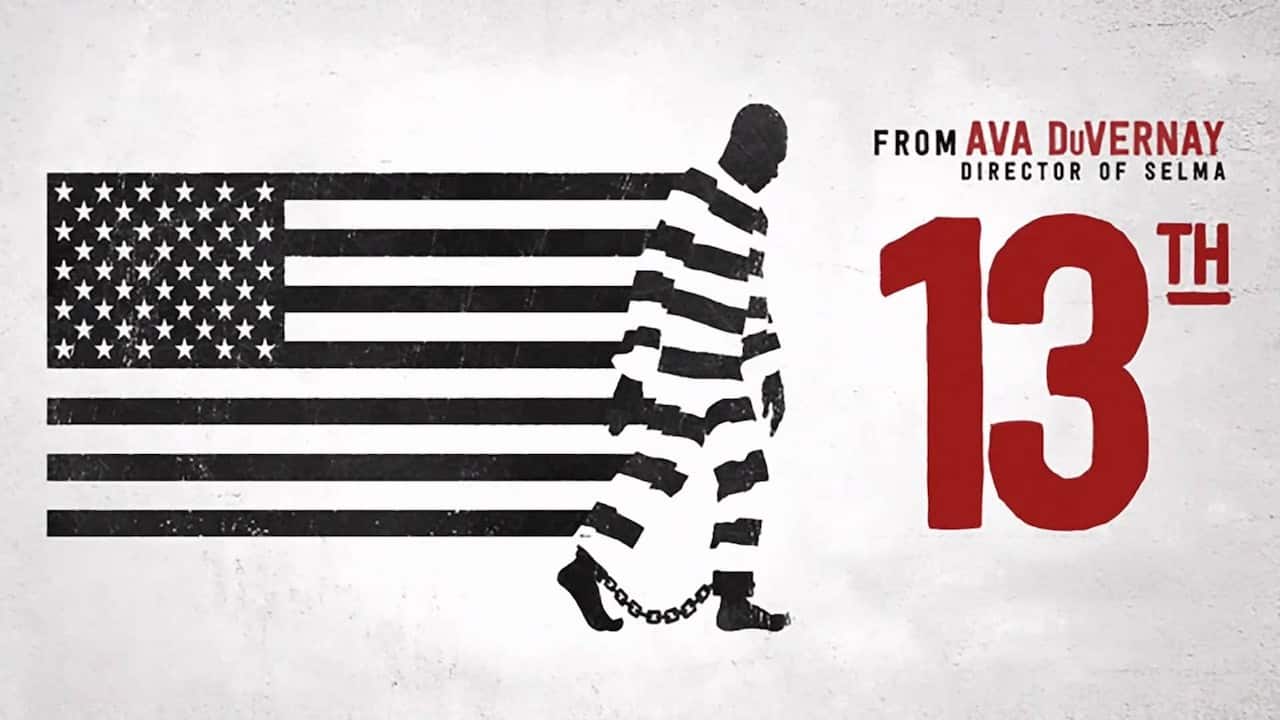13th
13th uncovers the deep-rooted connections between slavery, racial inequality, and mass incarceration in the United States. Directed by Ava DuVernay, it takes viewers on a journey through American history, revealing how the Thirteenth Amendment’s loophole has been exploited to perpetuate systemic racism and oppression.
It begins by highlighting a startling statistic: while the United States represents only 5% of the world’s population, it houses 25% of the world’s prisoners. This disparity sets the stage for a comprehensive analysis of how the criminal justice system has disproportionately affected African Americans since the abolition of slavery.
Through a series of interviews with scholars, activists, and politicians, the documentary traces the evolution of racial control from the end of the Civil War to the present day. It reveals how various policies and practices, such as Black Codes, Jim Crow laws, and the War on Drugs, have been used to criminalize and marginalize African Americans.
One of the most striking aspects is its examination of the prison-industrial complex. It exposes how private corporations profit from mass incarceration, creating a perverse incentive to keep prison populations high. This economic angle adds another layer to the already complex issue of racial injustice in America.
The role of media and political rhetoric in shaping public perception of crime and race is also addressed. It shows how terms like “super-predator” and “tough on crime” have been used to justify harsh sentencing policies that disproportionately affect communities of color.
Throughout, DuVernay weaves together historical footage, statistics, and personal stories to create a compelling narrative. The film does not simply present facts and figures; it humanizes the issue by showcasing the real-world impact of these policies on individuals and communities.
The documentary draws clear lines between past and present forms of racial oppression. By juxtaposing images of chain gangs with modern-day prison labor, it illustrates how the legacy of slavery continues to influence contemporary American society.
The film also highlights the efforts of activists and reformers who are working to change the system. It showcases initiatives aimed at reducing incarceration rates, reforming sentencing laws, and addressing the root causes of crime.










